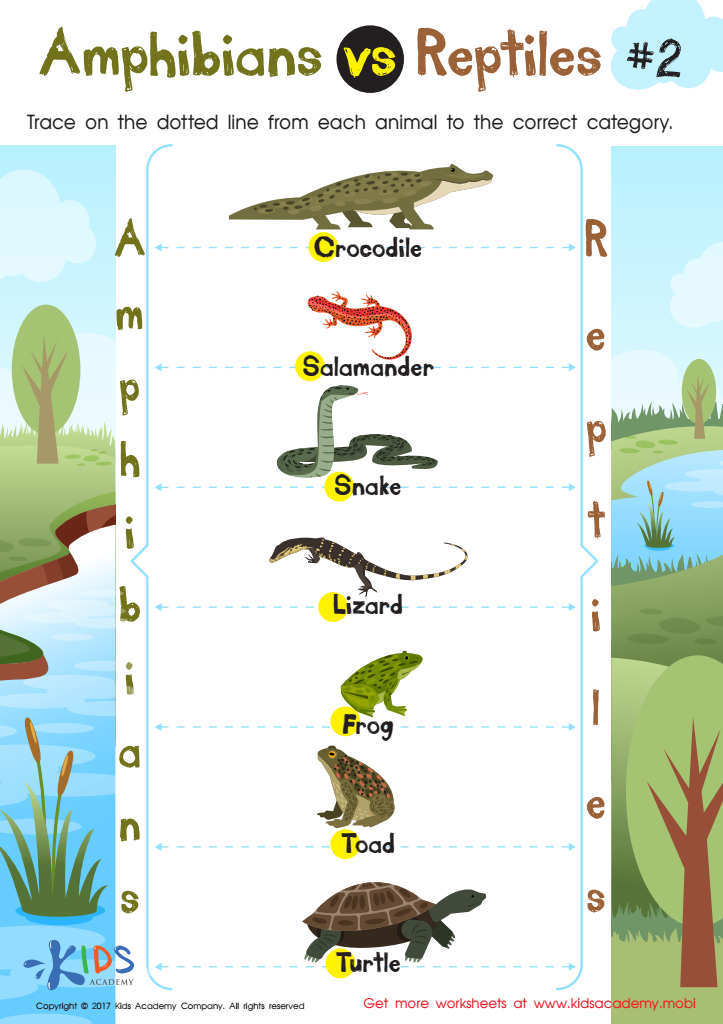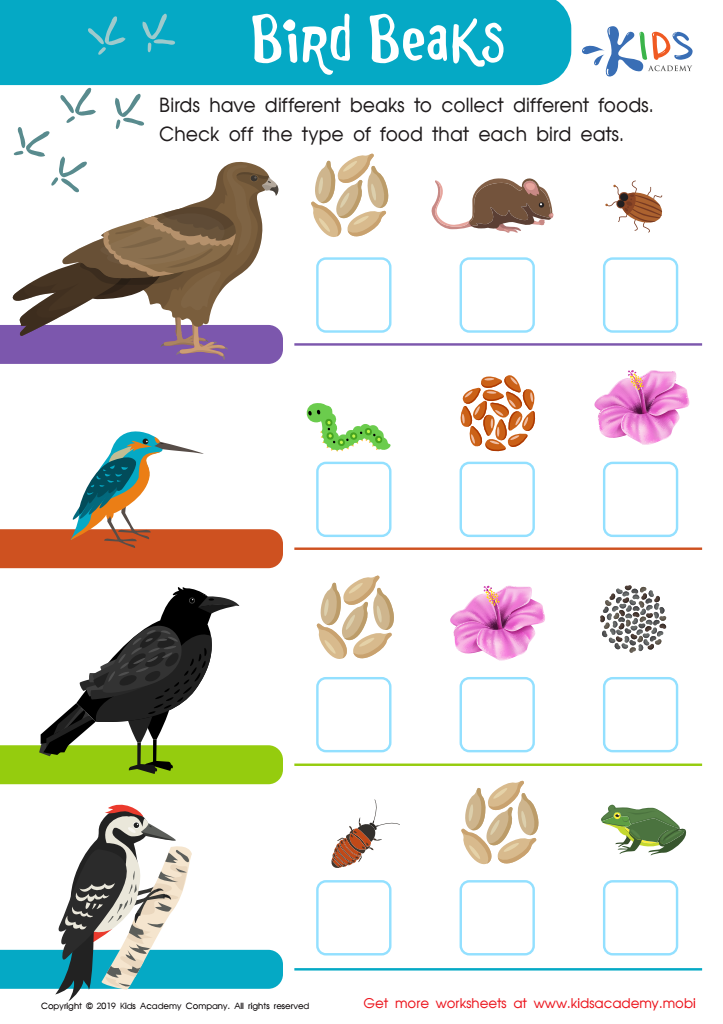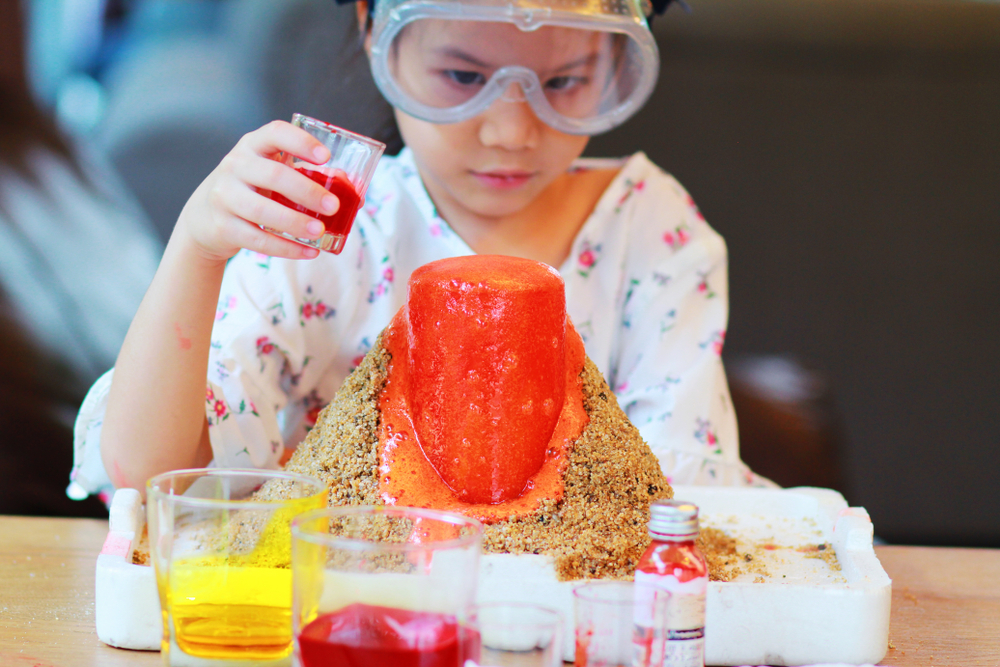Classification skills Normal Science Worksheets for Ages 4-8
5 filtered results
-
From - To
Explore our engaging "Classification Skills Normal Science Worksheets" designed for children aged 4-8! These worksheets foster early science learning by helping kids develop essential classification skills. Through fun and interactive activities, young learners will explore sorting, categorizing, and grouping objects based on various attributes. Our resourceful worksheets encourage critical thinking and enhance vocabulary, stimulating curiosity about the world around them. Ideal for classroom use or at-home learning, these worksheets make science accessible and enjoyable for young minds. Watch as your child masters the art of classification while having fun! Perfect for parents and educators alike. Start the adventure today!


Matter: Assessment 1 Worksheet


Amphibians vs Reptiles Worksheet for 3rd Grade


Bird Beaks Worksheet


Animals and Plants: Assessment 2 Worksheet


Space: Assessment 2 Worksheet
Classification skills are a foundational cognitive ability essential for children aged 4-8, especially in the context of "Normal Science." At this early stage, children are naturally curious and eager to categorize the world around them. Developing classification skills not only supports their understanding of various scientific concepts but also enhances their critical thinking and problem-solving abilities.
Parents and teachers should prioritize these skills because they foster cognitive development. By teaching children to group objects, organisms, or phenomena based on shared characteristics, they learn to observe, compare, and analyze—a process central to scientific inquiry. For instance, categorizing animals by habitat or sorting objects by color helps them develop reasoning and organizational skills.
Furthermore, classification is the groundwork for subjects like biology, geology, and environmental science, helping children make sense of complex information. Engaging in classification activities encourages collaboration and communication among peers, supporting social development.
Overall, nurturing classification skills not only builds a love for science but also equips children with crucial tools for academic success. By caring about these competencies, parents and teachers play a vital role in laying the groundwork for lifelong learning, fostering curiosity, and promoting scientific literacy in young learners.
 Assign to My Students
Assign to My Students














